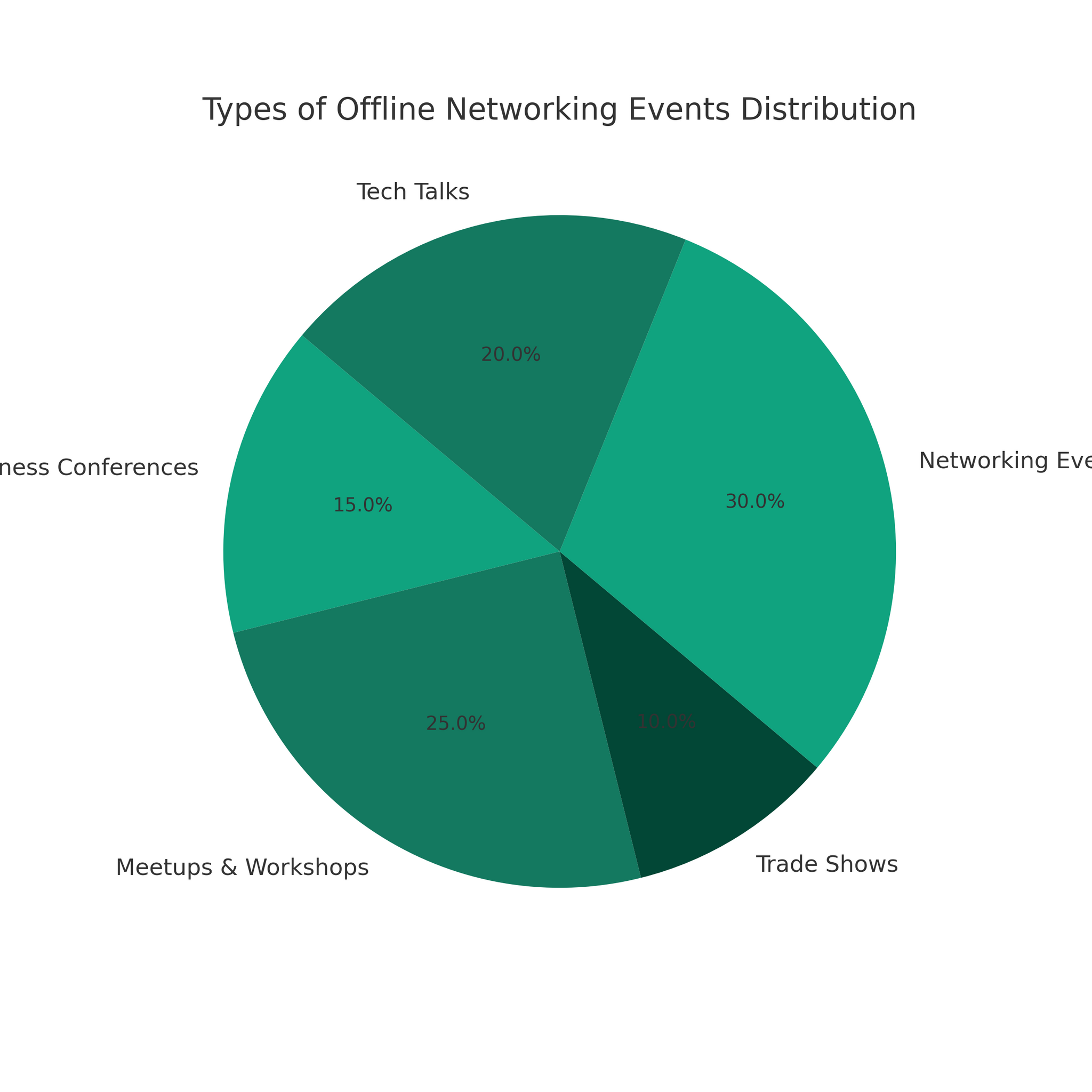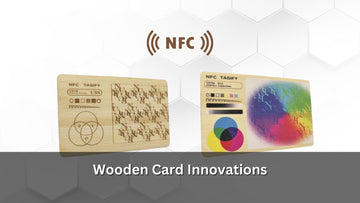The Dynamic of Freelancer-Client Relationship
In the digital age, the dynamic of freelancer-client relationships has undergone a significant transformation. No longer defined by mere transactional exchanges, these relationships now gravitate towards collaborative partnerships that emphasize mutual growth, respect, and understanding. This shift is propelled by the growing realization among businesses that freelancers are not just external contractors, but vital contributors who bring fresh perspectives, specialized skills, and innovation to the table.
As freelancers increasingly become integral to the fabric of the modern workforce, the emphasis has shifted from short-term engagements to long-term collaborations. This evolution is underpinned by a foundation of clear communication, trust, and shared goals, allowing both freelancers and their clients to navigate challenges and celebrate successes together. By fostering these deeper, more meaningful connections, freelancers and businesses can unlock new opportunities, drive creativity, and achieve greater outcomes in this ever-evolving landscape.
Pre-Networking Preparation
Before diving into the world of networking, freelancers must lay the groundwork through careful pre-networking preparation, a crucial step that sets the stage for successful interactions. Setting clear objectives is the cornerstone of this phase, enabling freelancers to identify their goals—whether it's finding new clients, seeking mentorship, or expanding their knowledge in a specific field. Understanding what one aims to achieve makes networking efforts more focused and effective.
Researching potential clients or contacts is equally important, as it allows freelancers to tailor their approach, ensuring relevancy and creating a meaningful connection right from the start. This research involves understanding the client's business, their industry challenges, and how the freelancer's expertise can address those needs.
Finally, refining one’s online presence is essential in today's digital-first environment. A polished, professional online profile on platforms like LinkedIn, a well-maintained personal website, or a portfolio showcases the freelancer's skills, achievements, and professionalism, making a strong first impression even before the first interaction. This preparation not only enhances the freelancer's confidence but also significantly increases the likelihood of networking success.
Online Networking Strategies
Online networking has become a crucial strategy for freelancers seeking to expand their professional horizons and forge meaningful connections within their industries. Platforms such as LinkedIn are instrumental in this digital networking landscape, serving not just as a repository for professional profiles but as active communities where sharing insights, engaging in discussions, and publishing thought leadership content can significantly elevate a freelancer's visibility and perceived value.
The strategic use of social media platforms like Twitter and Instagram can further enhance a freelancer's networking efforts. These platforms facilitate more casual interactions, making them ideal for showcasing work, engaging in industry-specific conversations, and connecting with potential clients and collaborators. Tailoring content to fit the audience of each platform can greatly increase engagement and expand reach.
Additionally, niche forums and online communities provide a unique opportunity for freelancers to deepen professional relationships. Active participation in these forums can lead to valuable exchanges of insights, advice, and opportunities directly relevant to a freelancer's field. Demonstrating genuine engagement and commitment to these communities can markedly boost a freelancer's network and overall visibility.
For freelancers looking to harness the full potential of online networking, exploring dedicated articles on this topic can provide deeper insights and strategies. Notable resources include discussions on the importance and effectiveness of online networking for freelancers on platforms like Jotform's Blog and Skydo's Blog, which offer comprehensive guides and tips for leveraging these digital platforms to build and maintain professional relationships.
Exploring platforms such as Jotform, Retainr.io, and Skydo can provide freelancers with additional resources, tools, and community connections to further enhance their online networking strategies. These platforms offer a variety of insights, from detailed guides on networking techniques to practical tools for managing freelance projects and client relationships effectively.
Offline Networking Tactics
Despite the rise of digital networking, traditional offline methods remain a powerful tool for freelancers looking to expand their professional networks. Attending industry meetups is a great way to immerse oneself in the local professional community, offering opportunities to meet potential clients and collaborators face-to-face. These gatherings often revolve around specific themes or challenges within an industry, providing a natural context for meaningful conversations and connections.
Conferences serve as another crucial platform for networking, presenting freelancers with the chance to learn from leading experts, discover the latest trends, and engage with a wider audience. The structured nature of conferences, combined with informal networking sessions, enables freelancers to both gain knowledge and build relationships.
Local business events, including workshops and seminars, offer the dual benefits of skill enhancement and networking. Participating in these events can open doors to local business opportunities and partnerships, fostering a sense of community and mutual support among local professionals. Through these offline networking tactics, freelancers can significantly broaden their professional horizons, forging connections that transcend the digital divide.

Nurturing Client Relationships
Nurturing client relationships is pivotal for freelancers aiming for sustainability and growth in their careers. Healthy communication stands at the core of this process, necessitating transparency, regular updates, and the establishment of clear expectations from the onset. Such practices ensure that both parties are aligned and can tackle challenges collaboratively as they arise.
Delivering consistent value is another critical strategy. This involves not just meeting the agreed-upon deliverables but also proactively identifying and addressing the client's evolving needs. By staying ahead of the curve and offering solutions that contribute to the client’s success, freelancers can position themselves as indispensable partners rather than mere service providers.
Exceeding expectations by going above and beyond what was initially agreed upon can significantly enhance client satisfaction and loyalty. This could mean delivering ahead of deadlines, providing additional insights, or offering strategic advice that contributes to the client's objectives. Insights from sources like the Harvard Business Review underscore the importance of effective relationship management, emphasizing the long-term benefits of investing in the client-freelancer relationship.
While the provided links (MBO Partners and Wordstream) offer additional perspectives on building and maintaining client relationships, incorporating these strategies can significantly enhance freelancers' ability to develop lasting, fruitful connections with their clients.
Bonus: Maintaining Long-Term Relationships
Maintaining long-term relationships with past clients is an art that requires diligence, strategy, and genuine interest in their ongoing success. Keeping in touch through periodic updates or newsletters can keep freelancers top of mind, providing clients with insights into their latest projects or services that may spark new collaboration opportunities.
Actively seeking feedback is another critical element, demonstrating a commitment to continuous improvement and client satisfaction. This not only helps in refining one's services but also strengthens the client-freelancer bond by showing that their opinions are valued.
Creating opportunities for recurring work involves staying informed about clients' evolving needs and proactively proposing solutions that align with their goals. Additionally, satisfied clients are more likely to refer freelancers to their network, expanding their client base through trusted recommendations. By focusing on delivering consistent value, fostering open communication, and showing appreciation for their business, freelancers can cultivate lasting relationships that benefit both parties over time.
Conclusion
In conclusion, successful networking for freelancers hinges on a balanced approach that includes both online and offline strategies. By setting clear objectives, engaging actively on digital platforms, attending traditional networking events, and nurturing client relationships, freelancers can build and maintain meaningful connections. These efforts, coupled with delivering consistent value and exceeding expectations, pave the way for sustained business growth and long-term success in the freelancing world.
We at NFC Tagify provide all sort of NFC Solutions or you may contact us: Tel. 01600800080, Email: info@nfctagify.com












